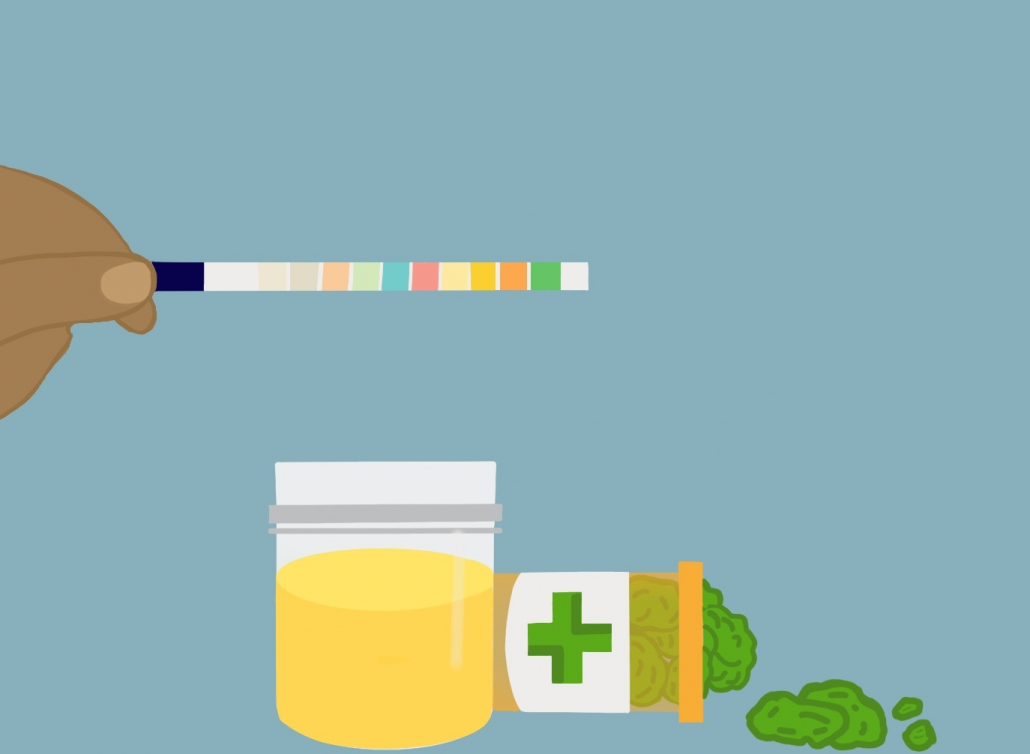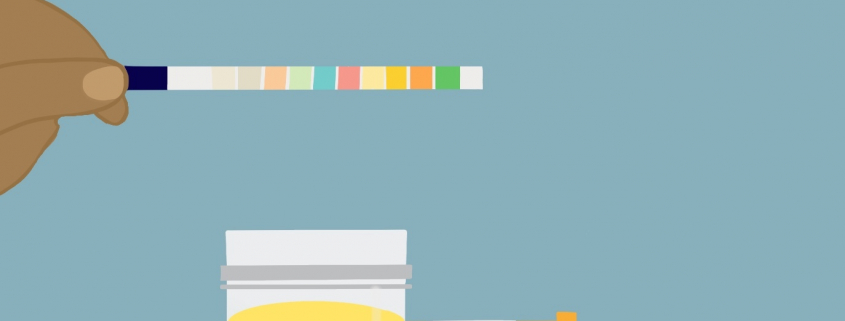To Be Blunt: Cannabis drug testing is unethical and a violation of privacy

Imagine: You’re up for a minimum wage 9-to-5 job where all you’re really looking forward to is your biweekly direct deposit. You’ve been accepted, and now all that awaits you are the dreaded, incomprehensible tax forms and, wait, drug testing?
If you’re like me, you’ve probably panic-searched, “how long until cannabis is out of your system” on more than a few occasions. Following the abysmal results (that edible you took two weeks ago says “hi” and continues to haunt you post-high), you might also look up “how to pass a drug test weed.”
Drug testing, particularly for cannabis, which is now medically legal in 39 states and territories, 13 of which also allow for legal adult use recreationally, is a relic of ancient times.
Of course, no employer wants an inebriated worker on their team, least of all when the job requires operating heavy machinery, working with children or performing heart surgery. However, just as there are ways to detect if an employee is drunk at work, there are also surefire signs (if not smells) that point to if someone is on another astral plane or not — neither of which require a person to divulge their personal life and decisions outside of the workplace.
At least, that’s how it should be.
Take Illinois as an example. As of 2020, cannabis is recreationally legal in the state for those over the age of 21. As in any state, Illinois employers have the right to fire anyone who is using a substance while at work, and they can do so after ascertaining an employee’s impairment via an alcohol breathalyzer or drug test. While the former immediately informs you if someone is drunk or not (although these are also incredibly faulty, as widely reported), drug tests don’t work that way, only letting you know if someone has used substances in the past — up to a month depending on the person’s usage and drug of choice.
So while Illinois’ new regulations allow for people to light up on their own time, prohibiting employers from discriminating against people for their cannabis usage, they simultaneously enforce zero-tolerance policies, allowing employers to mandate drug-free workplaces. So if you don’t pass a drug test, whether scheduled or random, there’s a high chance you’re going to lose your job.
But this logic just applies to Illinois-only jobs. Federally contracted, licensed or funded positions or those that require extra focus on safety precautions, such as truck driving, piloting or engineering, require drug testing since cannabis is still federally illegal. USC students, you’ll know this well: Although cannabis is recreationally legal in California, we are prohibited from using cannabis on University grounds.
Essentially, the same logic that was once used (and can still be used, up to law enforcement’s discretion) to raid legal cannabis dispensaries in California is now being leveled on the individual.
Stuck in a legal gray area completely fabricated by the state, workers who hold valid medical licenses now have to choose whether to consume cannabis for personal health reasons or risk the termination of their employment. Even without prescriptions, however, what ends up happening is akin to the state-sanctioned control of a person’s behavior beyond the workplace, whereby what you choose to do in your free time can and will be used against you.
What becomes even more cumbersome is navigating how these measures are enforced, with individuals taking their complaints to court and receiving mixed results. States are interpreting statutes differently across the board — while some initially side with employers, others uphold employees’ rights.
Additionally, considerable discretion is left up to the employer, with some choosing to overlook cannabis in drug testing. From 2015 to 2018, the number of drug tests performed that included cannabis decreased nationwide, though most prominently in recreationally legal states.
In the sports world, a similar trend has emerged. The NFL decided in April to forgo suspending players who test positive for cannabis. Testing will also be limited to a timespan of two weeks during training, and the threshold for what constitutes a positive test will be increased fourfold. The regulations allowed the league to catch up to the NBA, MLB and other leagues that had previously eased their restrictions on cannabis use for athletes.
It’s clear that federal and state regulators have not a single iota of understanding how cannabis works, nor the delineation between respecting one’s privacy and ensuring a safe, efficient workplace. Nationwide lags in cannabis legalization create confusing labyrinths that place the burden on the individual to navigate what can and cannot potentially cost them their livelihoods.
Just as doctors are allowed a glass of wine when they’re not on-call, who’s to say they shouldn’t relax after a hard day of work with a CBD gummy or blunt? Ultimately, I’m not here to debate the logistics of how to prove someone is or isn’t high at work, as it is evident the science behind this is leaps and bounds away from where it should be. Rather, I’m more interested in why governments and companies believe it’s their business how their employees unwind outside of work hours. Perhaps I’m wrong, but it seems like jealousy to me.
Natalie Oganesyan is a senior writing about weed culture and politics. Her column, “To Be Blunt,” runs every other Thursday.

